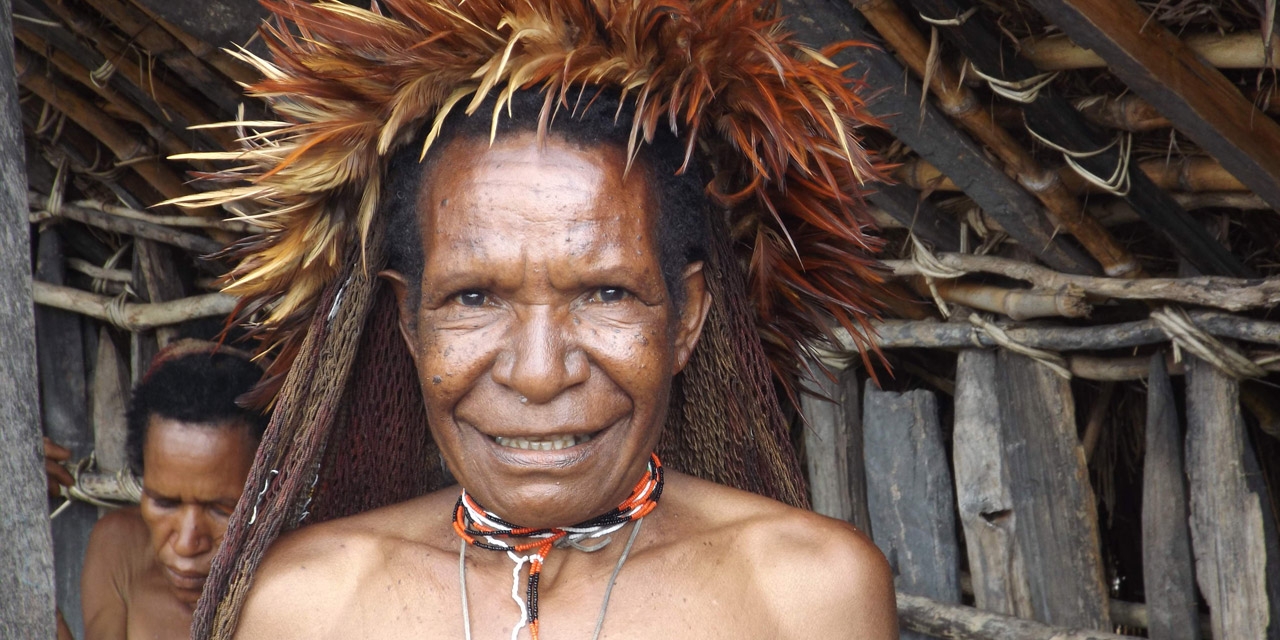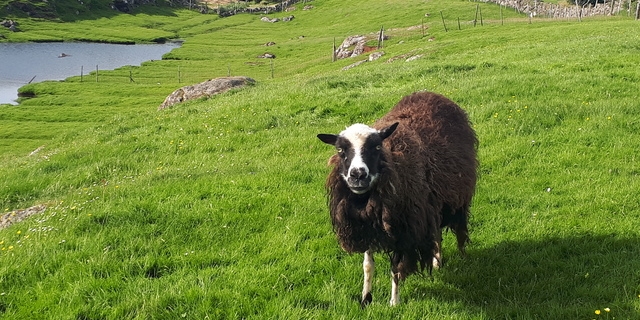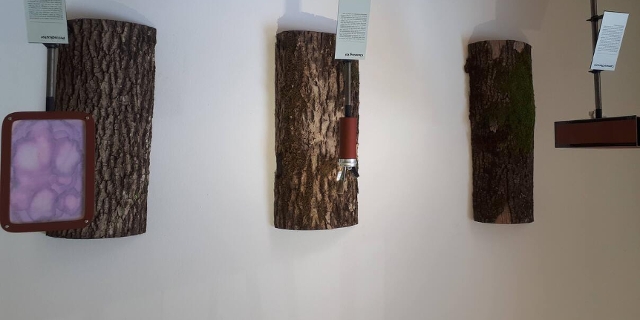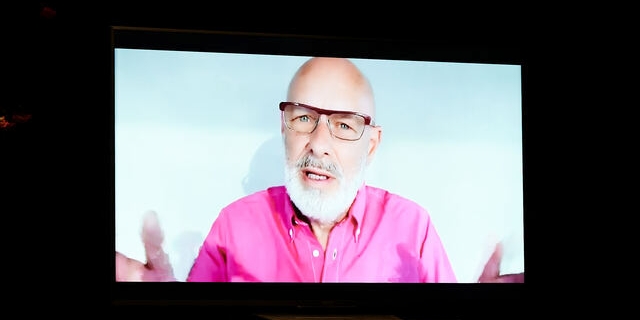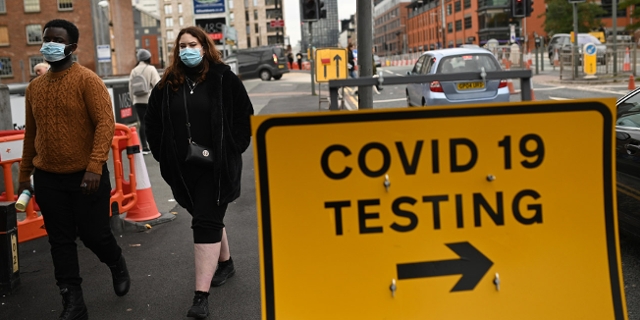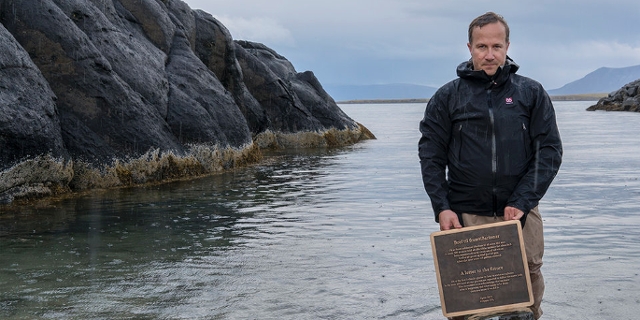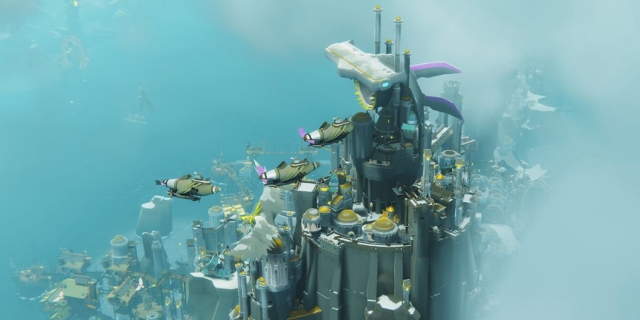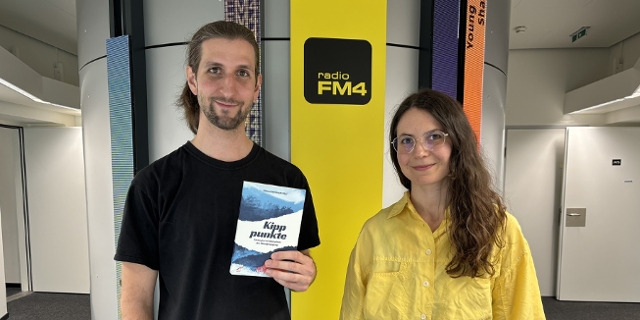Pilots of Papua (New Guinea)
Von Johnny Bliss
Papua, on the whole, is a time warp. In a world where it seems like every place you go, you find a McDonalds, it is refreshing to know that such places still exist today - although perhaps for not much longer.
In large areas of Papua, tribespeople still live largely how they always did, in the jungle, wearing traditional clothes and hunting and farming for sustenance. In increasingly smaller areas of Papua, darker traditions continue like cannibalism and tribal warfare.
Reality Check on Saturday, June 17th
Listen to a Reality Check Special with Johnny Bliss and several pilots and locals, on a journey to the island of New Guinea.
Saturday, June 17th, 12-13, and afterwards seven days on demand.
If you miss the program, you can still stream it via the Reality Check podcast or at fm4.ORF.at/7tage.
As a visitor on a tourist visa to the western part of the island colonized by Indonesians, it is easy enough to get to a larger city like Jayapura, where you’ll find much the same facilities as you would find in big cities anywhere.
Getting a little farther out there requires more effort. An additional flight can take you to the highlands of Wamena, at which point you will find your options rather limited. Of course, there are hiking tours you can book with local guides (we did), and reasonably well-paved roads continue around the area to some neighbouring towns and villages.
But at a certain point, ‚progress‘ ... just stops.
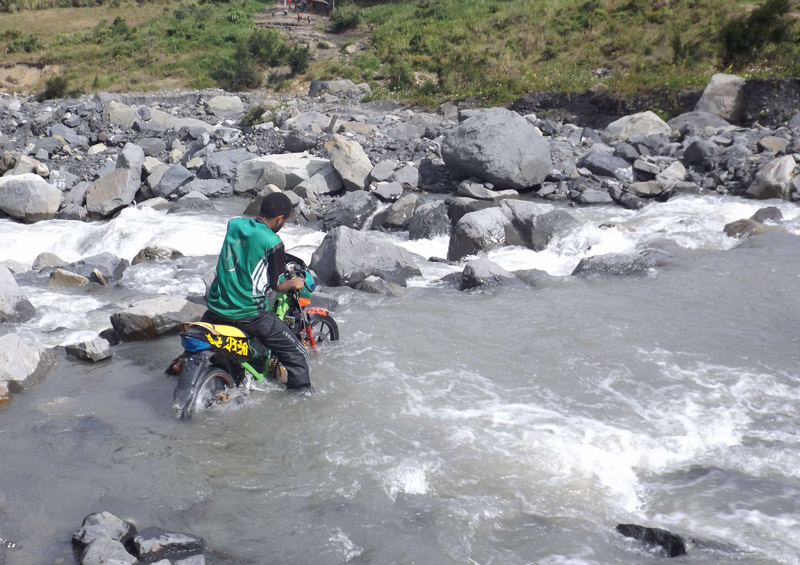
Johnny Bliss
Well, sort of.
A couple nights into our stay in the town of Wamena, my two friends and I were sitting down for dinner at a local hotel, where we met two European pilots, Javier and Thomas, who had somehow ended up here, flying passenger (propeller) planes to all manner of villages around Western Papua. They’d both been here for roughly three years when we met them, and they were quite happy to see us! (I got the impression that perhaps there were not so many other foreigners around to talk to.)
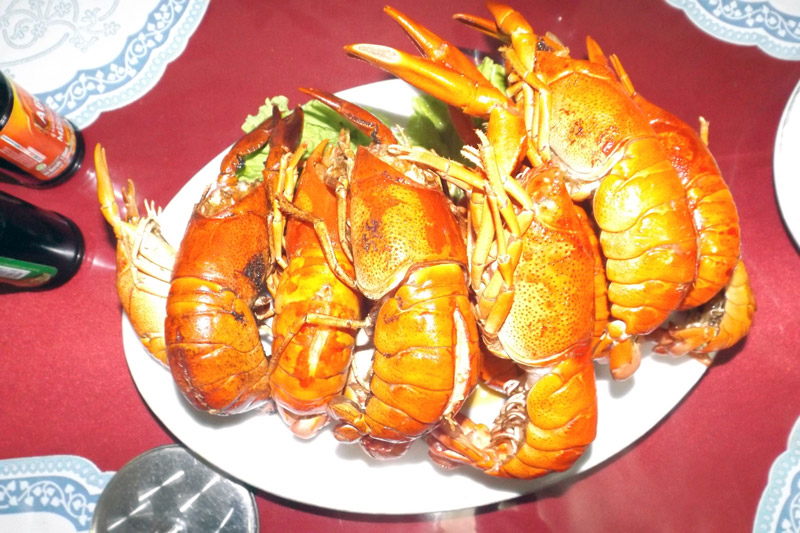
Johnny Bliss
Over a delicious meal of some sort of large shrimp (pictured), they told us all about their job and how it came to exist; they also told us stories of insanely-sloped mountain runways, tribal warfare, wildlife transportation, and even some of the strange gifts they’d received from villagers.
On top of all of that, they even agreed to allow us to fly with them one day to some of the villages they were serving!
Thomas & Javier on how airstrips have transformed Papua
Javier: „Papua has been an unexplored area for western people until the late 1940s, when the Second World War finished, because Papua was used as a base for the Americans and for the Japanese also. That’s when they discovered local people here... so then the missionaries started coming here, and they started building the schools, bringing medicine, stuff like that. But as missionaries they also brought their religion, Catholicism. Now the Indonesians have taken over the place as a colony kind of thing, and they are Muslims, so they’re trying to put their religion into them too.“
Thomas: „When we first started flying three years ago, most of the villages had just traditional huts. But now they’ve got houses with tin roofs, they’ve got internet, and you see roads being built all over the island. So I think Papua today, as we know it, is going to be gone in ten or fifteen years.“
Thomas & Javier on the quality of airstrips
Javier: „I didn’t realize what I was getting into until I actually arrived here, and the first runway they took me to was in the middle of the mountains. We were coming in to landing, and they said, ‚that in front is the runway,‘ and I was like, ‚that’s not a runway, that’s a mountain without trees!‘“
Thomas: „It’s very important that it doesn’t get normal, because if it gets normal, it’s dangerous. If you think that, ‘I’ve done this so many times that it’s not a problem’, eventually Papua will win. There have been quite a few accidents [at a spot] on the south side of the mountain, where airplanes are going off the runway pretty much every five, six weeks. It’s a tricky runway; short, high altitude, up-slope, and at the end of the runway, it’s a drop, so if you come in too fast, you’re bound to go off on the other end.“
Thomas & Javier on tribal warfare
Thomas: „There are occasional tribal wars, where they hunt and kill each other with spears, bow and arrows, and this happens all over the island. It’s a terrible thing. The local government is of course trying to encourage it not to happen, but the tribal mentality is still very strong.“
Javier: „It has happened to us that in a whole runway, you will see dozens of people fighting. [One time] many passengers wanted to get in the plane, but we have limited seats and limited times that we go there. One of the villagers, he got into a fight with another one, and just grabbed an axe and just split open the head of the other person. It’s not a pretty sight.“
Thomas: „And then the airport was closed for about six weeks.“
Javier: „Our policy is, if something happens like that, start the engine, and as soon as you see the runway’s clear to take off, just go. They learn from those mistakes, because it hasn’t happened again in that place. They want us to come back there, they need us, because we bring them medicine, food, and we transport them… so once you don’t come back for a month or for six weeks, it’s like, ‚oh well, we should probably behave next time they come.‘ And they do. They learn from those mistakes.“
Thomas & Javier on villages without airstrips
Javier: „You don’t even see the houses, they live in the jungle. Sometimes, when we are flying, suddenly you see smoke coming from the mountain, and it’s like ‚well, that’s someone having dinner‘. They live in the middle of nowhere. There are even people who say there are still cannibals, in the villages of Papua, and in the lowlands also.“
Thomas: „I have been told by people who know this area very well, that there is still cannibalism there. I have also been told they wouldn’t eat you because they are hungry, they will eat you - certain parts of you - for taking your spirit, or taking your strength, or for getting rid of evil spirits that this person is supposed to have.“
For a more in-depth look at this topic:
FM4 Reality Check Special on Saturday, June 17th
Listen to a Reality Check Special with Johnny Bliss and three local pilots (including Javier & Thomas), on a tour of some of the traditional villages in the highlands of western Papua.
Saturday, June 17th, 12-13, and afterwards seven days on demand.
If you miss the program, you can still stream it via the Reality Check podcast or at fm4.ORF.at/7tage.
Publiziert am 16.06.2017







